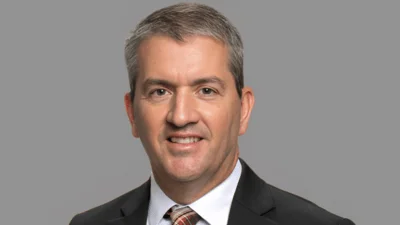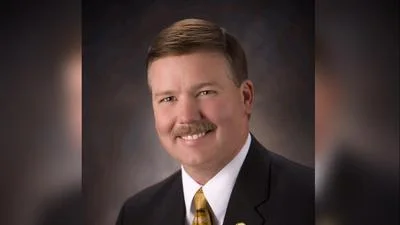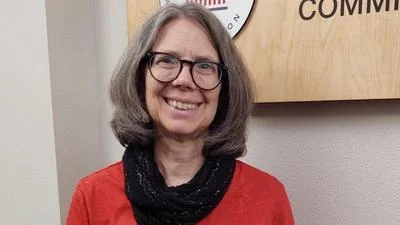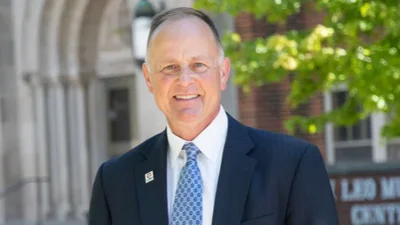University of Wisconsin System President Jay Rothman announced a new initiative, which would ensure more underserved local students are able to benefit from one of the UW System universities. | UW System/Twitter
University of Wisconsin System President Jay Rothman announced a new initiative, which would ensure more underserved local students are able to benefit from one of the UW System universities. | UW System/Twitter
University of Wisconsin System President Jay Rothman announced a new initiative, which would ensure more underserved local students are able to benefit from one of the UW System universities.
Rothman said the goal of the Wisconsin Tuition Promise is to grow the number of state residents who graduate with a bachelor’s degree, especially first-generation students and those from low-to-moderate income families, by offering free classes.
“The benefits of a college education are unassailable,” Rothman said in a press release. “A college degree needs to be within reach for every Wisconsin citizen as a path to a better life, and the Wisconsin Tuition Promise will provide these opportunities. It is also how we can close the skills gap that now limits Wisconsin’s potential to thrive in a global economy.”
The program would benefit students whose families earn less than $62,000 a year, with amounts varying based on individual needs. The program is also structured to serve as last-dollar funding, meaning it will provide coverage for students' tuition after all scholarships, federal funding and any other aid.
Students eligible for the program include state residents, first-time enrollees or transfers, and full-time students at any of UW’s 12 regional schools. Students will be automatically considered for funding when they file for federal financial aid, with more than 8,000 of them ultimately expected to be impacted.
On average, students deemed eligible will be awarded an average of $4,500 over four years. School officials indicate they plan to fund the first year of the program in the academic year 2023-24 at $13.8 million and seek state investment for subsequent years.





 Alerts Sign-up
Alerts Sign-up